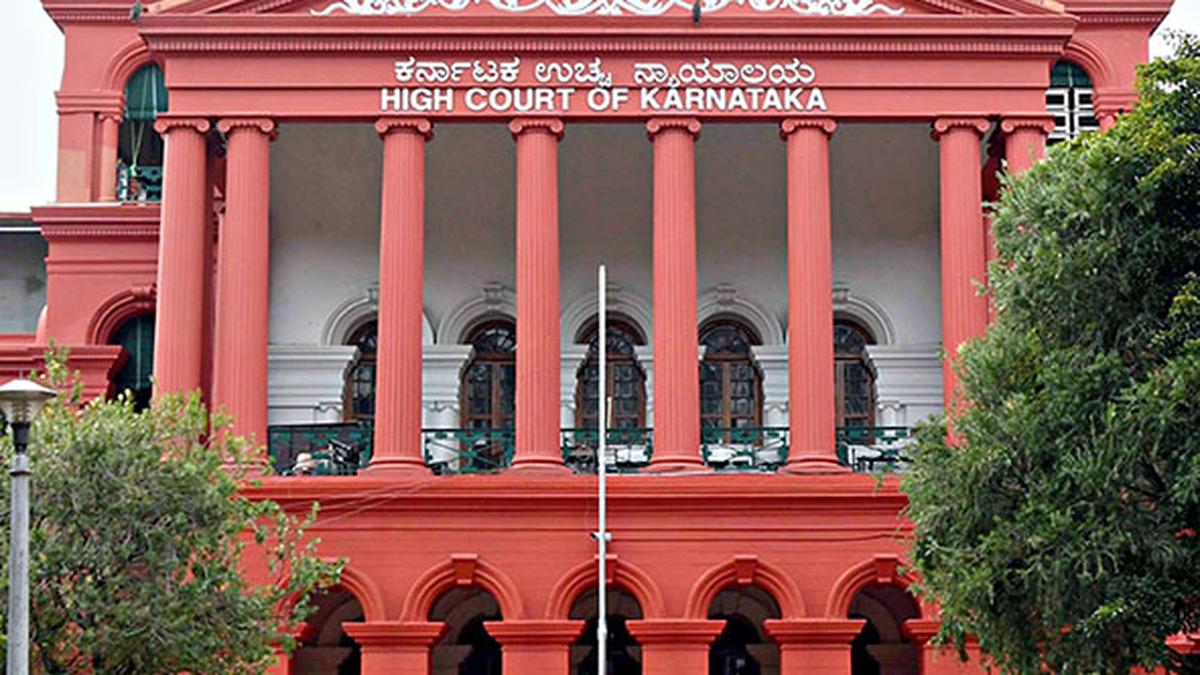ARTICLE AD BOX
The US embassy in Delhi said on Thursday that it has revoked and denied visas to some “business executives and corporate leadership” based on their alleged involvement in trafficking fentanyl precursors. It did not name the individuals or the companies involved.
Fentanyl is a potent opioid drug that is blamed for widespread drug addiction in the US. The Donald Trump administration has initiated a crackdown on the illegal import of fentanyl and also linked it with tariff adjustments in the case of some countries.
In its statement, the US embassy said, “In furtherance to the Trump Administration’s efforts to keep Americans safe from dangerous synthetic narcotics, the U.S. Embassy in New Delhi has revoked and subsequently denied visas for certain business executives and corporate leadership based on involvement in trafficking fentanyl precursors.”
“These actions are taken pursuant to section 221(i), section 212(a)(2)(C), and 214(b) of the Immigration and Nationality Act. As a result of this decision, these individuals and close family members may be ineligible for travel to the United States. The Embassy is further flagging executives connected with companies known to have trafficked fentanyl precursors for heightened scrutiny if and when they apply for U.S. visas,” it added.
The statement said that the embassy remains steadfast in its commitment to combating illicit drug trafficking. “Individuals and organizations involved in the illegal production and trafficking of drugs to the United States, along with their families, will face consequences that may include being denied access to the United States,” Jorgan Andrews, the US embassy’s chargé d’affaires, said.
“Stopping the flow of fentanyl, including its precursors, to the United States is one of our top priorities. We are grateful to our counterparts in the Government of India for their close cooperation to combat this shared challenge. Only by working together will our two governments address this transnational threat and keep both our people safe from illicit drugs,” the statement added.
It further said that the Trump administration has already taken “critical steps to confront this crisis through a series of Executive Orders that secure our borders, combat drug trafficking organizations, and demand reform by source countries from which illicit drugs and precursor chemicals flow into the United States. Together, we will build a safer, healthier, stronger future for America and India.”
Story continues below this ad
Fentanyl and other synthetic opioids remain the most lethal drugs trafficked into the United States, causing more than 52,000 US deaths in a 12-month period ending in October 2024, a US intelligence report had said earlier this year.
India among countries named by Trump
On Wednesday, US President Donald Trump had named India, China, Afghanistan and Pakistan among 23 major drug transit or major illicit drug-producing countries, saying that by manufacturing and trafficking illicit drugs and precursor chemicals, these nations were threatening the safety of the US and its citizens.
In a ‘Presidential Determination’ submitted to Congress on Monday, Trump said he has identified 23 countries as “major drug transit or major illicit drug producing” nations. These nations are Afghanistan, The Bahamas, Belize, Bolivia, Burma, China, Colombia, Costa Rica, the Dominican Republic, Ecuador, El Salvador, Guatemala, Haiti, Honduras, India, Jamaica, Laos, Mexico, Nicaragua, Pakistan, Panama, Peru, and Venezuela.
Trump delivered the “Major’s List” to Congress, designating these countries as responsible for sourcing and transporting illicit drugs into the US, the White House said.
Story continues below this ad
The US state department announced the ‘Presidential Determination’ of these 23 countries, with five countries—Afghanistan, Bolivia, Burma, Colombia, and Venezuela—listed as having “failed demonstrably to make substantial efforts”, calling upon them to improve their counternarcotics efforts.
The state department clarified that a country’s presence on the list does not necessarily reflect its government’s counterdrug efforts or level of cooperation with the United States. The listing is based on “the combination of geographic, commercial, and economic factors that allow drugs or precursor chemicals to be transited or produced, even if a government has engaged in robust and diligent narcotics control and law enforcement measures,” it said.



.png)
.png)
.png)

























 English (US) ·
English (US) ·